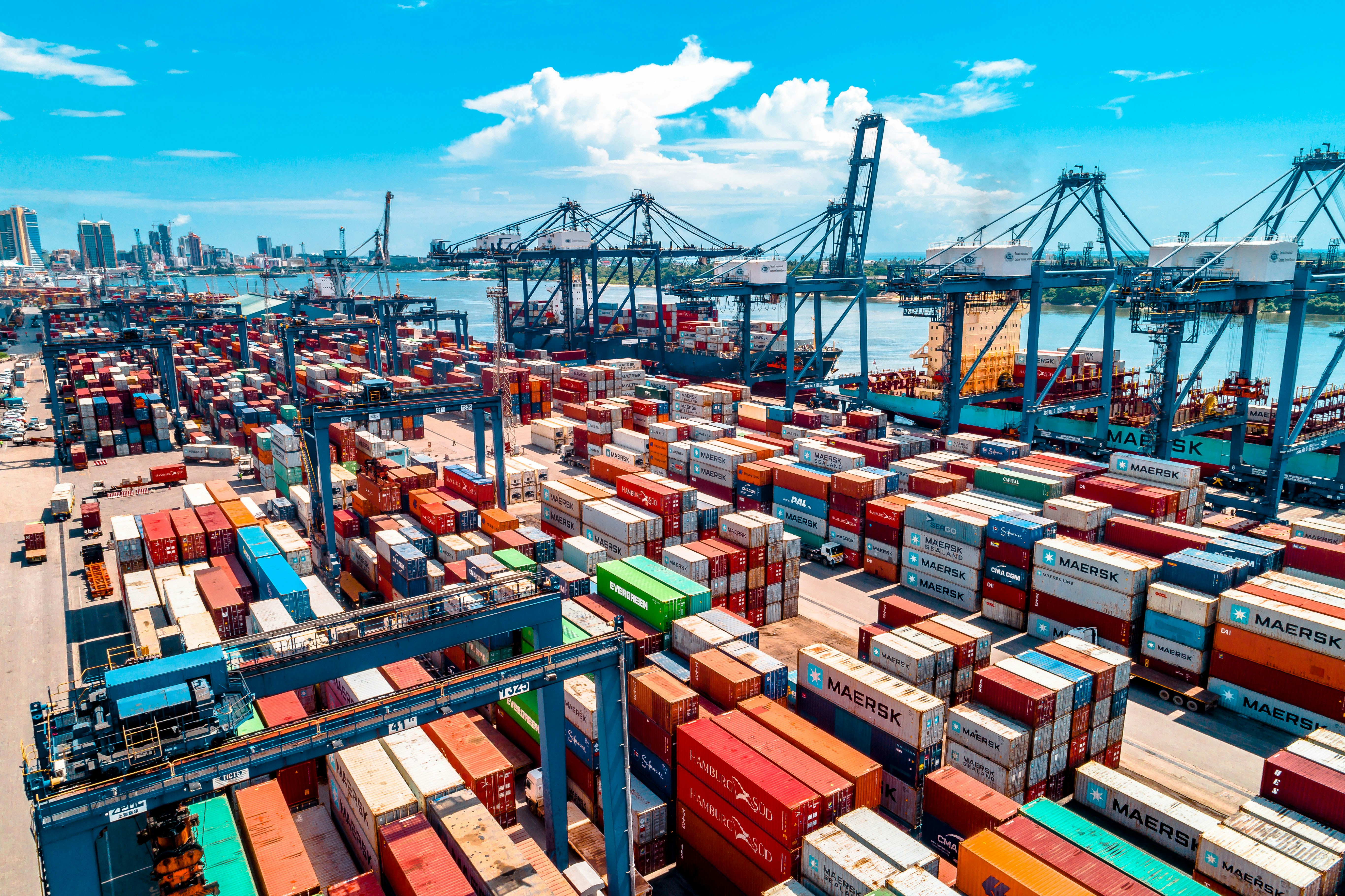Prime Minister Mark Carney has identified a “turning point in Canada-China relations” following a brief meeting with Chinese President Xi Jinping. The meeting falls on the heels of media reports from minor agencies that the federal government is preparing to drop the 100 per cent Chinese electric vehicle (EV) tariff after failed U.S. trade negotiations.
Oct. 23, U.S. President Donald Trump put an end to trade talks with Canada, citing Ontario’s anti-tariff ad featuring clips of former U.S. President Ronald Reagan as the cause. The president said in a Truth Social post that “based on their egregious behavior, ALL TRADE NEGOTIATIONS WITH CANADA ARE HEREBY TERMINATED.”
The U.S. government added an extra 10 per cent tariff on Canadian goods because of the advertisement. While the U.S. Senate has passed a non-binding resolution against the president’s tariff campaign, experts agree that this is only a symbolic gesture as the House will not take up the vote.
As it currently stands, the U.S. has committed to not restart trade negotiations for the foreseeable future. While Carney has left the door open to future trade talks with the U.S., the Canadian government has turned its attention elsewhere.
The federal government has stated that it’s aiming to double non-U.S. exports from 300 million to around 600 million over the next decade.
As part of that initiative, the government has launched trade negotiations with nations across the world, the most notable being China. Previously, the Chinese government had placed crippling tariffs on Canadian canola exports in response to the 100 per cent tariff blocking Chinese EVs from entering the Canadian Market.
The EV tariff was introduced in 2024 in lockstep with the U.S. government to unilaterally block the sale of Chinese EVs across the two nations. However, given the current trade environment, the Canadian government placed the EV tariff under informal review last month.
Carney briefly met with Jinping at the Asia-Pacific-Economic-Cooperation summit in Gyeongju, South Korea this week.
Carney described the brief 40-minute meeting — the first meeting of a Canadian Prime Minister with the Chinese President in eight years — as a turning point in the two nations’ relations.
During the meeting, Carney was invited for a state visit to China, an offer he agreed to, advising that it will occur at a “mutually convenient time.” Carney told the media that “distance is not the way to solve problems [and] not the way to serve our people.”
Jinping said that “China is willing to work with Canada to push China-Canada relations back onto a healthy, stable and sustainable correct track.”
The meeting marks a change in tone with Canada-China relations. Previous Canadian governments — including the current government earlier this year — had regarded China as a threat to Canada and a nation whose values do not align with that of Canadians.
However, given the tariffs from both the U.S. and China, the Canadian government has been moving to end a seemingly two front trade war between the two trade giants.
On the most salient issue, domestically minor news platforms have been reporting that the Canadian government is rumoured to be ready to drop the EV tariffs. As it currently stands, only an ultimatum exists: China will drop the canola and agriculture tariffs if Canada drops the EV tariff.
Canadians are left awaiting more trade news from the prime minister’s upcoming state visit to China.

